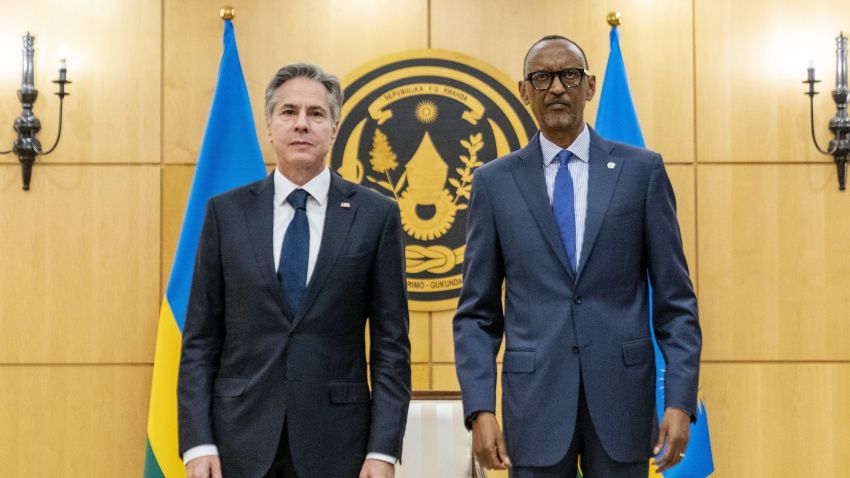The New Delhi-based Indian think tank Observer Research Foundation and its U.S. affiliate ORF America, in partnership with the Rwandan Ministry of Foreign Affairs and International Cooperation, hosted the second edition of the Kigali Global Dialogue last week. The three-day conference, which kicked off Aug. 10, brought together more than 150 people from 45 countries spanning the world of policy, academia, civil society and the private sector to “deliberate and devise solutions to critical sustainable development challenges facing the global community today.” I was fortunate to attend as a participant, speaking on a panel discussion as well as in a dialogue session. (In the interests of transparency, ORF paid my travel and lodging expenses.)
The conference, which was held after a two-year hiatus due to the coronavirus pandemic, sought to take stock of the seismic geopolitical, economic, social, technological and ecological shifts over the past three years that the pandemic has amplified. COVID-19 has claimed more than 6 million lives around the world, and the politics of vaccine apartheid have driven a deeper wedge between the Global North and South. Strategic competition between China and the United States continues to disrupt international commerce, while global interdependence is becoming increasingly weaponized. And the war in Ukraine has essentially become a force magnifier for many of these and other issues, opening up new tensions in the global order as Washington and its allies in the West demand that “the rest” take what they regard as a tougher line against Russia.
Even before the onset of the pandemic, many parts of the world were suffering from widespread polarization and division, and cooperation and collaboration among states to tackle transnational challenges had been on the downswing amid fragmentation in the international order. The conference provided an opportunity to debate and deliberate on these crucial issues, while thinking about ways to create policy solutions that governments and their nonstate partners could seize on in seeking to tackle them.

